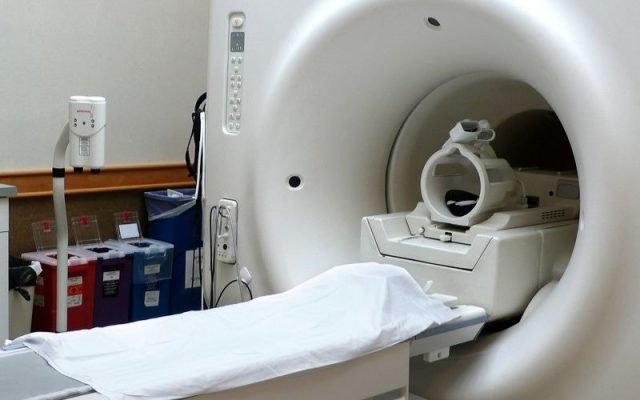The screening of prostate cancer has long been a complex and controversial issue. While early detection can be crucial, many prostate cancers are indolent, meaning they grow slowly and may never pose a significant threat to a patient’s health. This has led to debates among experts about the benefits and harms of screening, particularly using the prostate-specific antigen (PSA) test.
A new study published in the New England Journal of Medicine offers a potential solution to this dilemma. Researchers found that using MRI scans in conjunction with PSA testing can significantly reduce unnecessary diagnoses and treatments of screen-detected prostate cancer. This could lead to a paradigm shift in prostate cancer screening guidelines.
The study, led by Jonas Hugosson of the University of Gothenburg in Sweden, involved over 13,000 men. Participants underwent MRI scans and biopsies, with some receiving targeted biopsies based on MRI findings and others undergoing systematic biopsies. The results showed that the targeted biopsy approach led to a significant reduction in unnecessary biopsies, diagnoses of clinically insignificant cancers, and overdiagnosis.
This breakthrough has the potential to alleviate the concerns surrounding prostate cancer screening, which often leads to overtreatment and unnecessary side effects. By using MRI to identify suspicious lesions before conducting biopsies, doctors can more accurately target and treat prostate cancers that pose a real threat to a patient’s health.
However, implementing this new approach on a large scale may face challenges due to the availability of MRI infrastructure and the expertise required to interpret the scans. Despite these hurdles, the study’s findings offer hope for a more effective and less invasive approach to prostate cancer screening.
As with any medical decision, patients should consult with their healthcare providers to discuss the risks and benefits of prostate cancer screening, including the potential use of MRI. By staying informed and making informed choices, individuals can take proactive steps to manage their health and well-being.





















